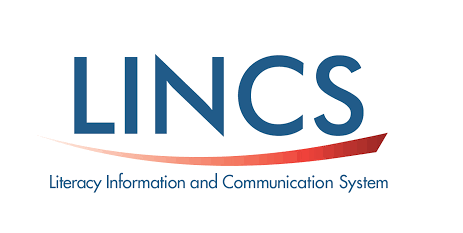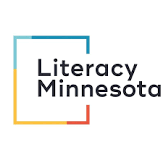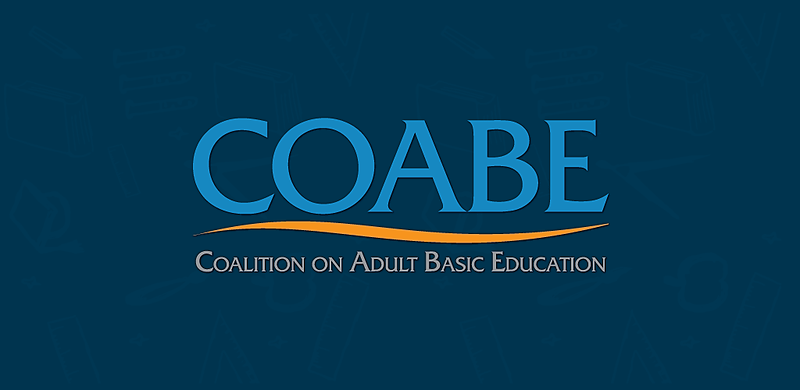
LINCS: Teaching Juneteenth
In 2023 Juneteenth was recognized as a federal holiday, but what is the history of Juneteenth and how can educators use the celebration as an opportunity to teach about American history and the meaning of freedom? In this event, LINCS will cover the history of Juneteenth, and share information and resources to help educators turn […]

